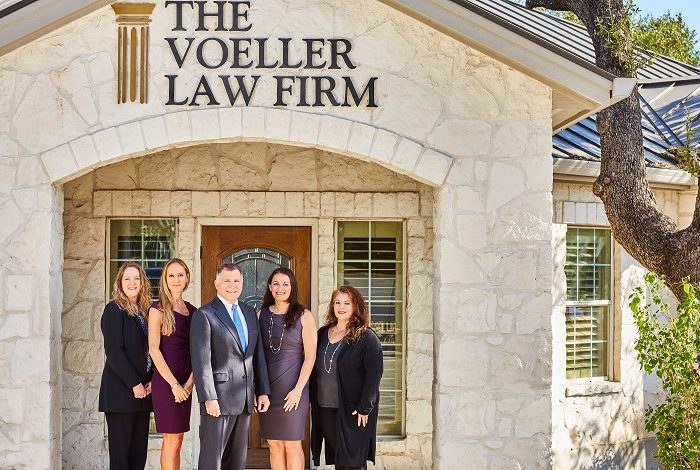Recently, I met with three middle-age siblings who told me a story similar to one that I have heard many, many times before.
“Mom’s in a nursing home and, in no time, her bank account will be completely spent.” They asked me what will happen when her money is all gone.
I changed the subject slightly and asked them to tell me about their mother. “What kind of person is your mother? How long has she been in the nursing home? What’s been important to her in life?”
In unison, their faces lit up as they animatedly told me about the loving, little woman that they called “Mom.” What stood out to me was their reflection on their mother’s spending habits, relating how she lived frugally, spent less than her monthly Social Security check, and always planned on leaving an inheritance to help her children. The kids had encouraged her to travel and enjoy what she and their father had accumulated, but she always had reasons not to spend.
Three years ago, Mom had a stroke. After attempting multiple other alternatives, the family agreed that the small, local nursing home was the best option for her care. Each day, when Mom had a visitor, she mentioned how sad she was that her life savings was being spent to pay for the nursing home.
After learning more, such as the monthly cost of the nursing home, the amount of Mom’s remaining savings, and her monthly income, I asked them a question: “Do you think that your mother would be happy if more than half of her remaining savings could be preserved for her children?”
“Wait a minute,” Brian, the oldest son, said. “The nursing home told us that our mother can have no more than $2,000.00 left in savings before Medicaid begins to pay for the cost of her care. We’ve already spent almost $200,000.00. Are you saying that her life savings does not have to be completely spent? I don’t care if I ever get a dime from my mother, but I want her to be happy.”
Unfortunately, this exchange happens with regularity. Families rely on misinformation and unnecessarily spend more than is required, causing elderly parents to live with needless regret and remorse.
If you, or a loved one, are private-paying for nursing home care, make sure you have all of the facts before the family’s life savings is spent. Visit with a lawyer who can explain your real options. Don’t make decisions without complete information.
In the example in this article, rather than see the family spend all of the life savings that their parents had accumulated to pay for Mom’s nursing home costs, over one-half of Mom’s remaining assets were preserved.
Don’t make decisions in the dark. Know your options and plan ahead so you are able to meet your long-term goals. This particular family recently followed up with me and informed me that their mother was finally experiencing some relief from worry and has been sleeping better with the knowledge that she is going to be able to leave “a little something” to her children and grandchildren—all because her children visited with an elder law attorney and got the right advice.
Copyright © The Voeller Law Firm. All rights reserved. You may reproduce materials available at this site for your own personal use and for non-commercial distribution. All copies must include this copyright statement. Some artwork provided under license agreement.


